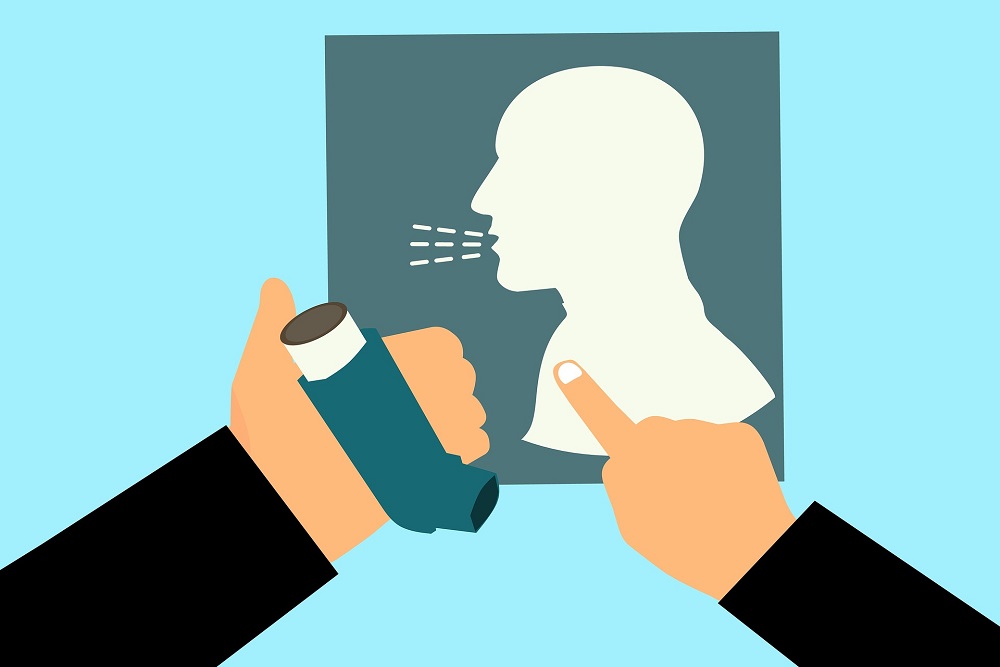Researchers and psychologists at the Massachusetts Institute of Technology, USA, have found out that social distancing effects on the brain are very similar to that of hunger. In fact, they both share identical signals and send out similar responses to the system. There is a reason why it hurts as much as hunger or thirst. As hunger forces one to eat, social distancing, and loneliness persuade one to interact and connect with the others.
This is for the first time when research has focussed on the similarity of social distancing effects and hunger. Researchers from MIT have issued a report after the COVID-19 pandemic has forced people to maintain social distancing and to maintain a minimum physical distance.
Social distancing effects have been studied on animals earlier
The social distancing effects were extensively studied on animals by John Cacioppo, a late psychologist from the University of Chicago. However, the idea to find how it affects the human mind came to Livia Tomova and Rebecca Saxe in 2017. The study initially faced some problems because it is difficult to isolate a healthy human with a healthy mind.
Brain triggers a dopaminergic response – Tomova
The experiment was carried out on 40 individuals who were starved of food for 10 hours and denied any social contact in the next 10 hours. The Magnetic Resonance Imaging (MRI) scans of their brains were taken which surprisingly came out to be very similar. According to Tomova, when people were deprived of food and social contact, the brain triggers a dopaminergic response, which is very similar to a drug addict craving for his or her drugs.
Jamil Zaki, a psychologist hailing from Stanford University was astonished by the findings of the paper. He said that the findings of the research have given a name to what billions of people are facing right now. ‘This is a tour de force paper’, he said.







